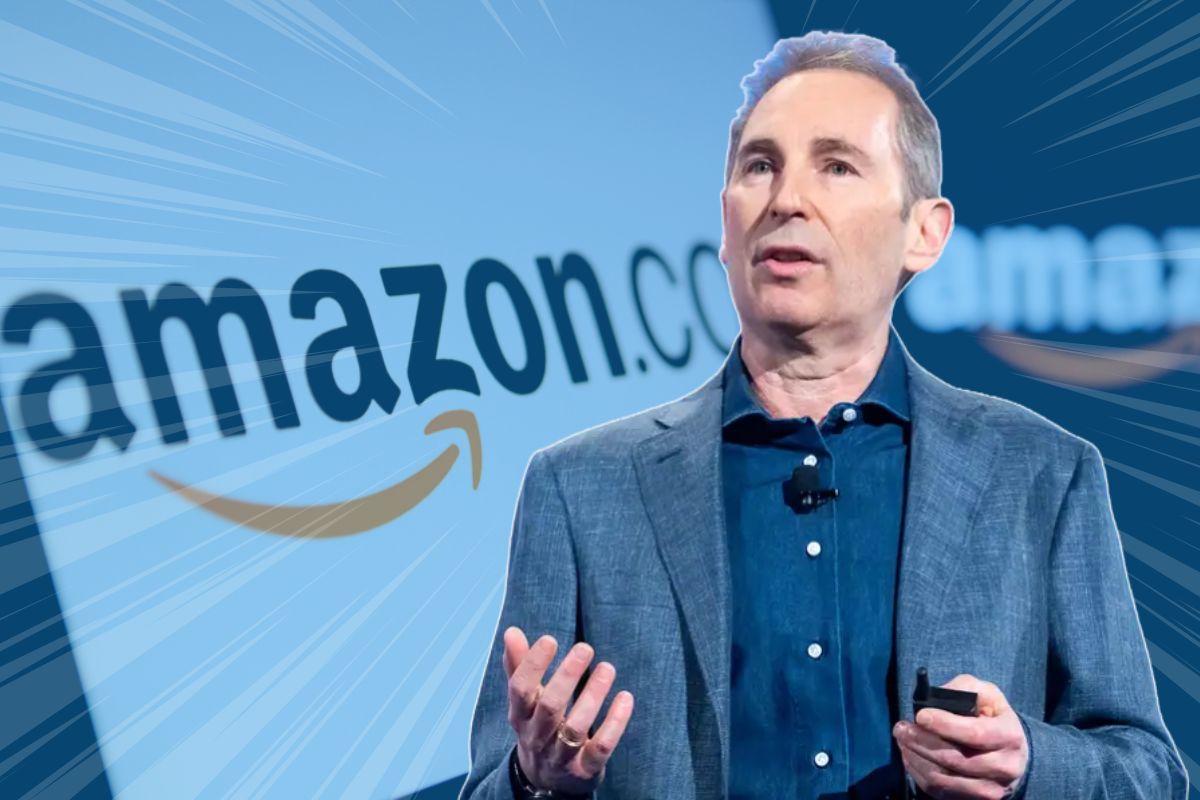My buddy Jake works at Amazon’s headquarters, in Seattle. Been there four years, solid performer, software engineer. Yesterday he phoned me in the middle of the day and sounded extremely stressed. “Dude, they just totally changed how they pay us,” he said. “And honestly? I’m not sure if I’m screwed or if this is awesome.” Amazon overhauls pay structure for increased rewards to ‘consistently high-performing’ staff and Jake’s story perfectly shows why this change has everyone at the company talking.
What Actually Changed (And Why It Matters)
Here’s the deal. Amazon has a whole new pay system: It essentially promises if you’ve been crushing it for years, we’ll take care of you. If you’re just starting to hit your stride? Well, tough luck.” The prior system was fairly simple. You did a great job; you got a decent bump. It’s as simple as that. Now? Amazon is making it abundantly clear that it cares a lot more about high performers who have “consistently exceeded expectations for their role and level” than individuals who are simply having their first good year.
I’ve covered corporate compensation trends for eight years, and this feels different. While most companies claim to solely reward performance, Amazon is actually restructuring everything to clearly distinguish between the two.
The Real Story Behind the Numbers
Here’s where it gets even more interesting. My friend Jake? He’s been performing well for two consecutive years. Under the old system, he’d get a pretty good raise instead of maybe some stock options. Under this new setup? Not so much. “What’s different this year is that our approach to compensation changes now better distinguishes between newer high performers and those who have consistently exceeded expectations,” Amazon’s spokesperson told Business Insider.
Translation: If you haven’t been Amazon’s golden child for multiple years running, you’re getting less than you used to. Jake did the math. His coworker Sarah, who’s been top-tier for four years? She’s looking at a massive bump. Jake, who just hit his stride two years ago? He’s actually getting less than he would have under the old system. “It’s like they’re punishing me for not being perfect from day one,” he told me.
Also Read : Trump’s $100k H-1B Visa Fee Leaves Tech Workers in Shock
Why This Change Is Happening Now
Amazon isn’t doing this because they suddenly care more about fairness. This is straight-up cost cutting with a fancy bow on top. The company went nuts with hiring during the pandemic. Too many people, too much money going out in compensation. Now they’re trying to trim the fat without looking like the bad guys. Amazon has tried to trim the fat, laying off or firing underperforming employees, and this pay restructure is just the next step. They’re basically saying, “We can’t afford to pay everyone well, so we’re only paying the superstars.” Smart business move? Maybe. Fair to employees? That’s where things get messy.
What Employees Are Actually Saying
I’ve talked to five different Amazon employees since this news broke. Not one of them is completely happy about it. The long-term high performers love it. Obviously. They’re getting paid way more than before. But everyone else? They feel like they’re getting the short end of the stick. “I busted my ass to finally start performing at the level they wanted,” one warehouse supervisor told me. “And now they’re like, ‘Cool, but you should’ve been doing that three years ago.’ How’s that fair?” The timing sucks too. With inflation still hitting people’s wallets, finding out you’re getting less money than expected because you weren’t perfect from the start? That stings.
The Bigger Picture Nobody’s Talking About
Here’s what really gets me about this whole situation. Amazon revamps pay structure to favor ‘consistently high-performing’ employees, but they’re not actually creating more high performers. They’re just deciding that some people’s good work matters more than others. It’s like telling two runners they both finished the race in great time, but only one of them gets the medal because they’ve been running well for longer.
Makes no sense from a motivation standpoint. Companies always say they want to encourage improvement and growth. But this system basically tells people, “If you didn’t figure it out immediately, you’re second-class forever.”
What This Means for Other Companies
Amazon’s move is getting attention from HR departments everywhere. If it works – meaning if they keep their best people while spending less on compensation overall – other companies will copy it faster than you can say “performance review.” That’s the scary part for workers across all industries. This could become the new normal: companies rewarding only their longest-tenured top performers while everyone else gets scraps.
I’ve seen this playbook before in other industries. It usually leads to brain drain as good-but-not-perfect employees jump ship for companies that value their current performance over their historical track record.
My Take on the Whole Mess
Look, I get it from Amazon’s perspective. They’re a business, they need to control costs, and they want to keep their absolute best people happy. But this feels shortsighted as hell. You’re basically telling a huge chunk of your workforce that their recent improvements don’t matter as much as someone else’s longer track record. That’s not how you build loyalty or motivation. Jake’s already updating his LinkedIn. So are three other Amazon employees I know. When your compensation change makes good employees start job hunting, you’ve probably miscalculated something.
The companies that win long-term are the ones that invest in people’s growth and reward improvement wherever they find it. Amazon’s new system does the opposite – it creates winners and losers based on timing rather than current value. Time will tell if this move pays off for Amazon, but I’m betting it’s going to cost them some solid people who just needed more time to hit their stride.


